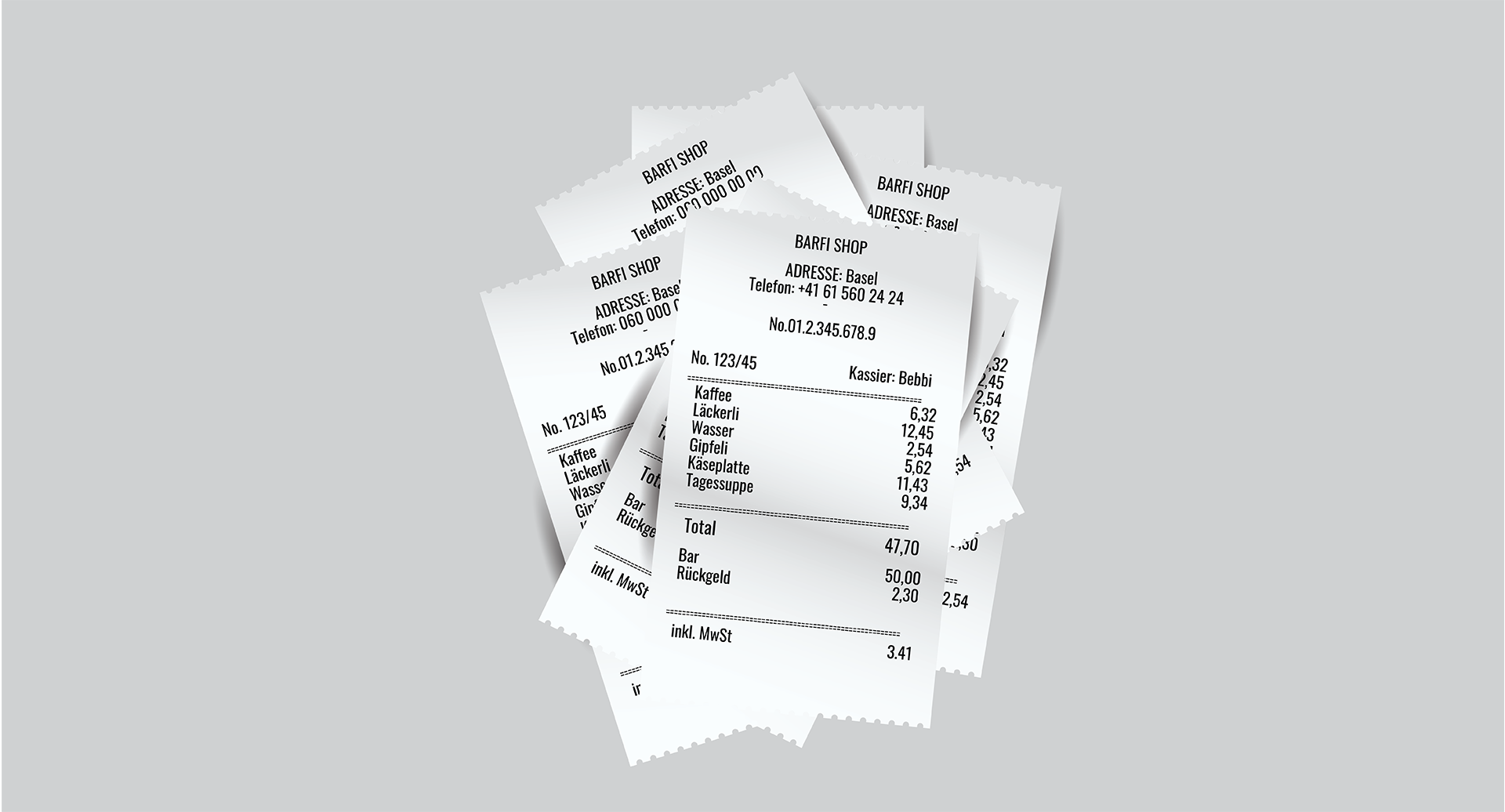The correct declaration of VAT is a challenge, especially for smaller businesses. Violations can result in additional claims and default interest, or even penalties if committed intentionally. Here is how to keep an overview with just a few simple measures.
Usually, filing of VAT returns is due four times a year. Even if the statement itself can now be done conveniently online, there still are some potential hurdles that VAT-registered companies must overcome.
It is often discrepancies in the declaration of turnover or the differentiation between taxable, tax-exempt, and exempt turnover as well as non-remuneration that harbor the greatest potential for error and conflict. However, you can prevent this by means of regular and well-documented turnover reconciliation. The turnover reconciliation must show how the declaration for the tax periods are aligned with the annual financial statement. It serves to check whether all business transactions relevant to VAT have been recorded and taxed. Relevant business transactions in this case are sales from deliveries and services rendered by the company. Attention: turnover from subsidies, financial and dividend income, compensation payments, sold vouchers and others are not subject to VAT and are irrelevant for the turnover reconciliation. We recommend that the turnover reconciliation be carried out periodically together with the VAT statement.
Also, caution must be exercised when purchasing services from abroad: although foreign vendor invoices normally do not show VAT, they must be included in the Swiss VAT return. This is a so-called purchase of services from abroad. In this case, both input tax and VAT are accounted for. Usually, this is a zero-sum game; however, if a VAT-liable company has an input tax reduction, the recoverable portion is reduced accordingly.
Furthermore, make sure that you invoice customers correctly, check the formalities of your suppliers’ invoices carefully and declare any input tax entitlements. Make sure that all relevant information is always shown – especially in the case of transnational services. Note that in the case of a VAT-exempt export of goods or services, the relevant evidence (e.g. export documents) must be available. In these cases, it may be advisable to involve a person with specialized VAT expertise. At Experfina, too, we offer fiscal representation for foreign companies that become liable for VAT in Switzerland due to their business activities.
Regarding VAT accounting, there are a few points to consider when choosing the respective software. It should offer the possibility of closing accounting periods, so that after a VAT settlement, issues cannot be posted to the settled period. Furthermore, the software should allow for evaluations per account. With the combination of these helpful tools, the effort for the turnover reconciliation is reduced considerably and you avoid errors in accounting.
To conclude, we recommend that you generally comply with all deadlines to avoid default interest. Incomplete and incorrect declarations lead to you transferring too much or too little to the tax authorities – either you lose money, or you risk additional claims, default interest or even fines. Both cases are unpleasant and should be avoided at all costs. With a correct VAT declaration, you save a considerable amount of extra work right from the start.
Please do not hesitate to contact us if you have any questions regarding VAT or the settlement procedure.
24. June 2022



